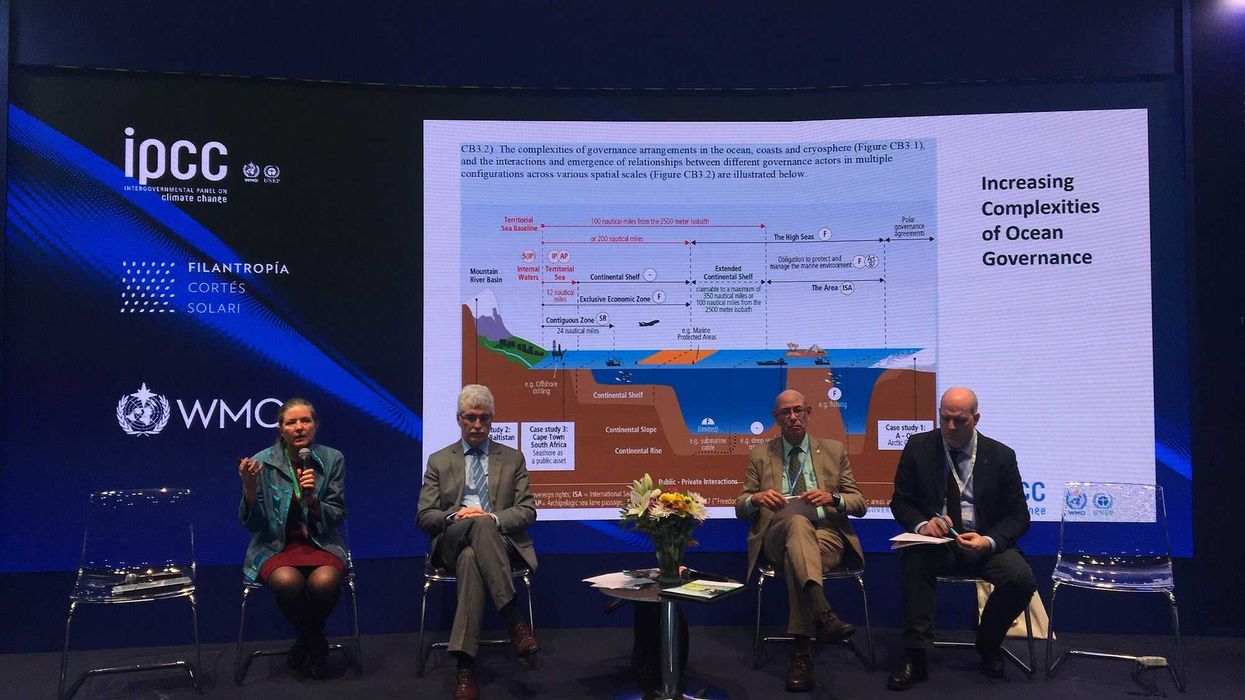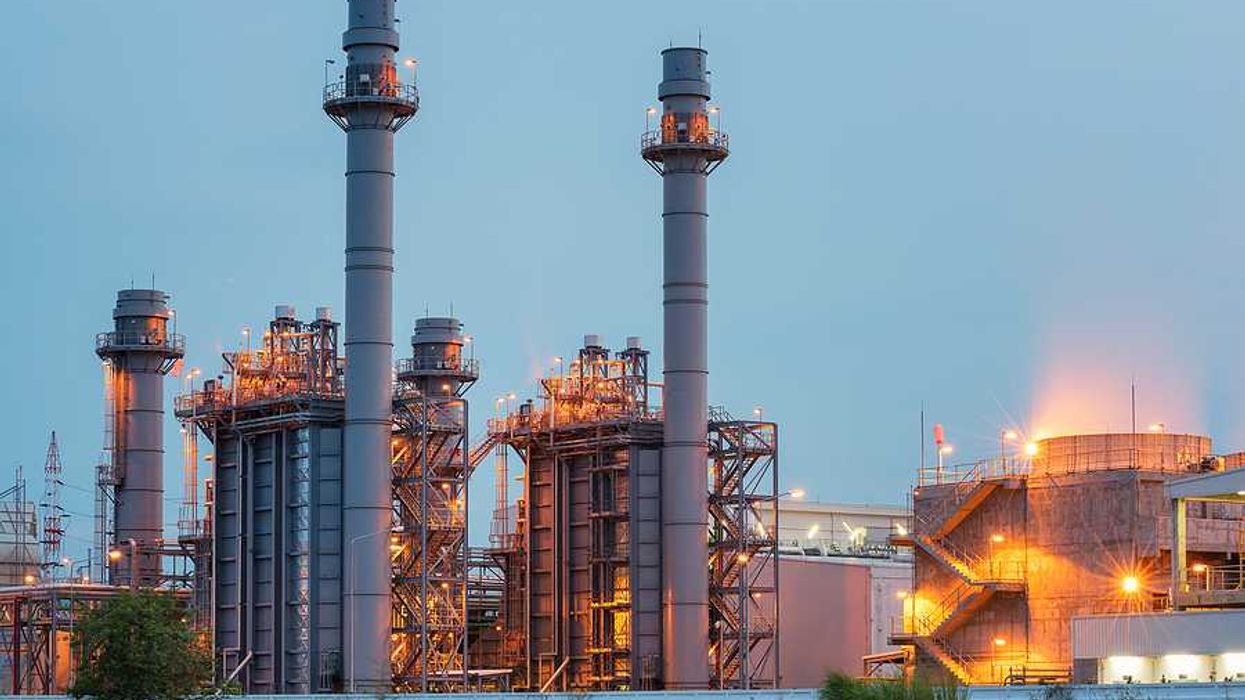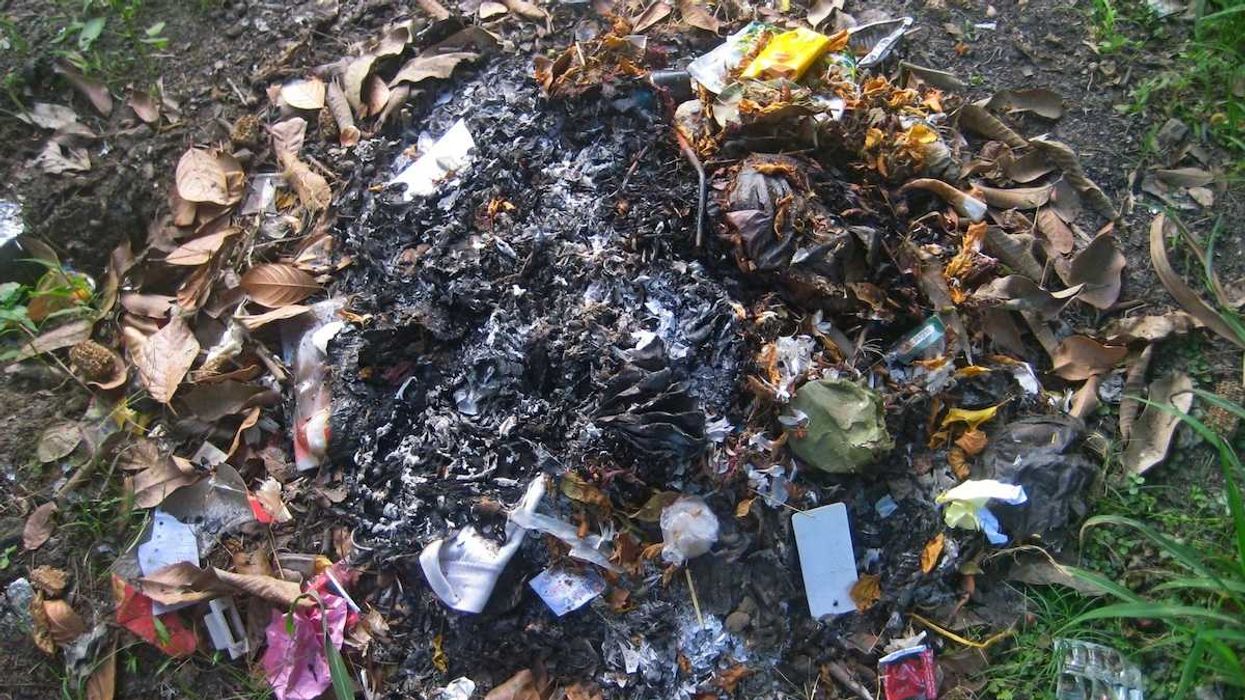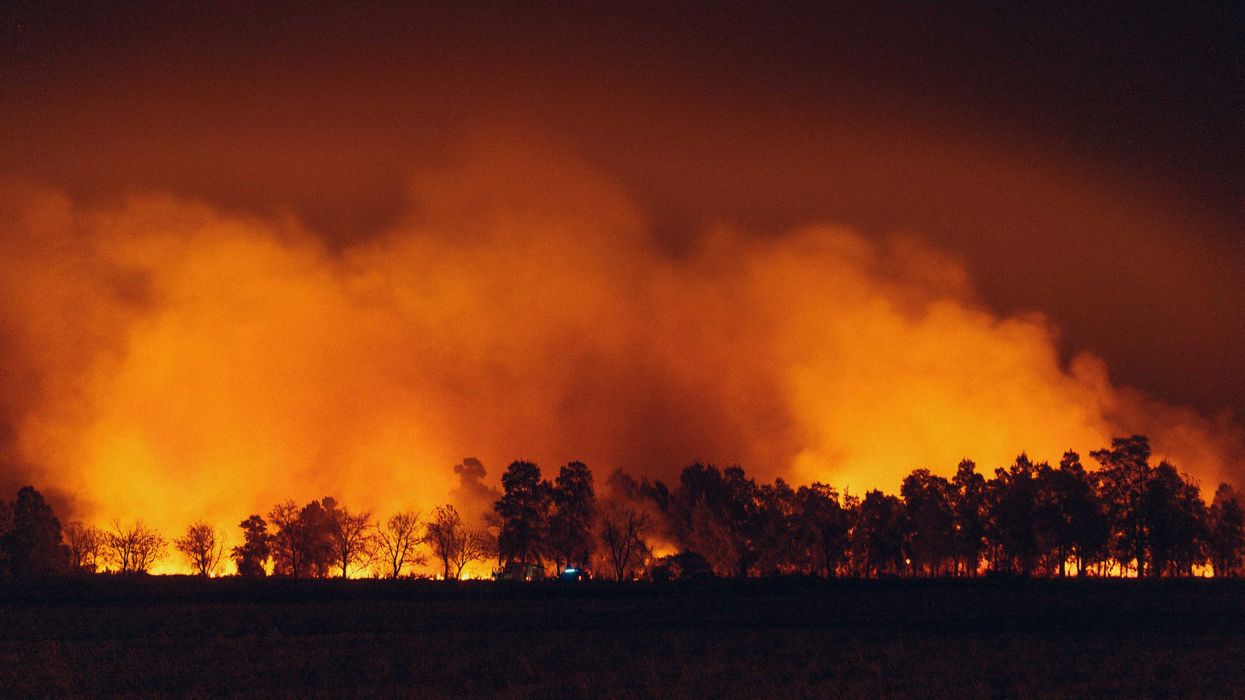As climate-driven disasters intensify, cities face a cycle where infrastructure, insurance and financial challenges compound, potentially triggering economic crises across urban America.
Saul Elbein reports for The Hill.
In short:
- Increasingly severe climate events, like hurricanes and wildfires, are driving insurance companies to raise rates or withdraw coverage, destabilizing city finances.
- Without affordable insurance, homeowners and businesses face foreclosure and asset devaluation, reducing local tax revenues and undermining critical municipal services.
- Smaller and mid-sized cities, especially those with outdated infrastructure, are particularly vulnerable to “death spirals” as climate impacts erode their resilience and financing options.
Key quote:
“Climate risk makes things uninsurable. No insurance makes things un-mortgageable. No mortgages crashes the property markets.”
— Sen. Sheldon Whitehouse (D-R.I.)
Why this matters:
As insurance companies withdraw from high-risk areas, U.S. cities may see cascading financial failures that undercut their resilience against disasters. Without systemic policy changes and investment, cities risk entering a cycle of economic decline, leaving behind vulnerable residents unable to relocate or recover.














